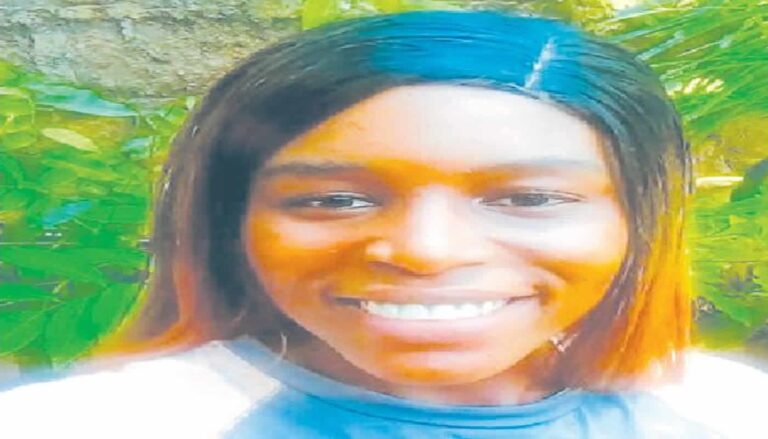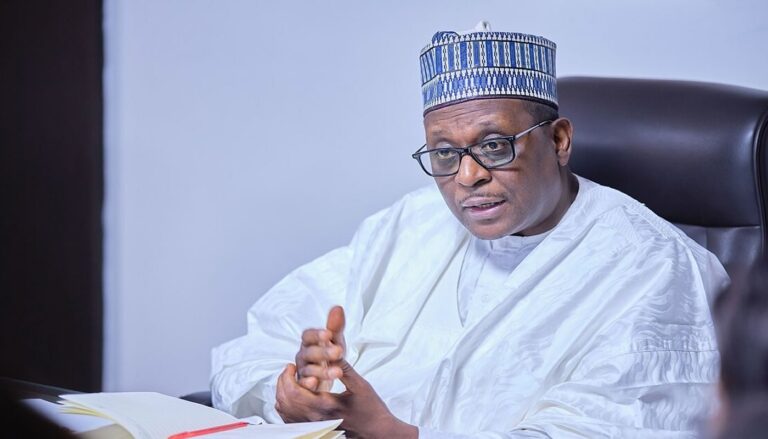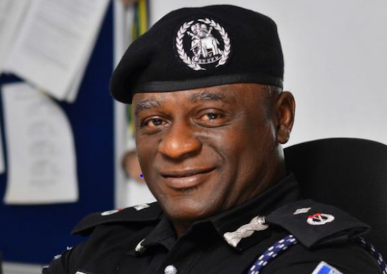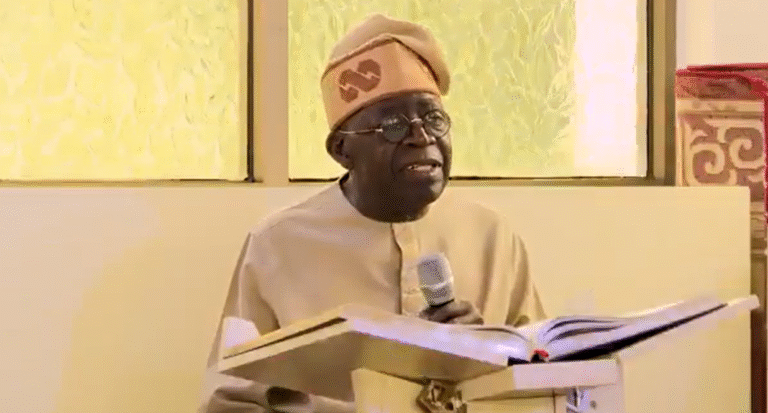
Patients across public hospitals in the Federal Capital Territory have decried the severe hardship caused by the ongoing strike by the Joint Health Sector Unions (JOHESU) and the Assembly of Health Care Professional Associations, which began amid ongoing industrial action by resident doctors.
The shutdown, which took effect from midnight on November 14, has left many facilities without laboratory scientists, radiographers, physiotherapists, optometrists, pharmacists, or dieticians on duty.
The unions cited the federal government’s persistent failure to implement the adjusted Consolidated Health Salary Structure (CONHESS) and resolve longstanding welfare and systemic issues affecting health workers as the reason for the strike.
The decision was announced in a statement signed by the national chairman of JOHESU, Comrade Kabiru Ado Minjibir.
Daily Trust reports that the industrial action by JOHESU-affiliated unions is coming amidst the ongoing strike action by doctors under the aegis of the Nigerian Association of Resident Doctors (NARD), which began on November 1 over unpaid hazard allowance arrears, poor working conditions and failure to implement agreed welfare reforms.
Findings showed that the simultaneous strikes by both doctors and other health professionals have crippled services in federal teaching hospitals, specialist centres and many state-owned hospitals.
JOHESU represents several key unions, including the Medical and Health Workers’ Union of Nigeria, the Nigerian Union of Allied Health Professionals, the Senior Staff Association of Universities, Teaching Hospitals, Research Institutes and Associated Institutions, and the Non-Academic Staff Union of Educational and Associated Institutions.
While JOHESU stressed that the delay in implementing the adjusted CONHESS remained the principal trigger, the unions said several other unresolved issues informed the decision to shut down services.
Patients lament
At the General Hospital, Kubwa, skeletal services were observed at the radiography department.
A worker in the unit, who spoke anonymously, said, “We have been told to offer skeletal services. In the next two weeks, we will shut down totally if nothing happens.”
A 58-year-old hypertensive patient, Deborah Luka, said she had been turned back twice.
“I’m afraid for my life. The government should please settle this strike. I need my medication,” she said.
Johnson Alade, who needed an X-ray after a road accident, said he had nowhere else to go.
“Without radiographers, they can’t check my injury. I beg the government — this should not continue,” he said.
For 22-year-old Hassana Ibrahim, a sickle cell patient, the lack of laboratory services has been devastating.
“The nurses told me they can’t run my test. The government should help us. We are suffering,” she said at the Wuse General Hospital.
Blessing Owoyemi, whose son requires postoperative physiotherapy, said his recovery has stalled.
At the Asokoro District Hospital, Ebuka Ikenna said his scheduled assessment for worsening vision was cancelled.
“How can my sight be on hold because of a strike? Those responsible should step in immediately,” he said.
A diabetic patient, Kelvin Osagie, said he feared mismanaging his condition.
“I need guidance from the dietician and pharmacist. I feel my condition is worsening. I appeal to the authorities to end this strike,” Osagie said.
At the same facility, Mustapha Bello, who was referred for an MRI scan, said he had been waiting since Monday.
At the Bwari General Hospital, Bankole Grace, an expectant mother in her third trimester, said she could not complete her routine antenatal tests.
Tijani Salihu, an ulcer patient, said he had been unable to refill his prescribed medication.
“The drugs are in the hospital, but no pharmacist has released them. The government should urgently resolve whatever the issues are,” he said.
For Esther Victor, who recently had eye surgery at a private clinic, the perceived absence of optometrists in the government hospital has left her unable to follow up.
“I’m scared. I need someone to check my healing process. I appeal to the government to please act now,” she said.
At the Abubakar Tafawa Balewa University Teaching Hospital, ATBU-TH in Bauchi, findings showed a total compliance with the union’s directives to members to remain at home except consultants who are not members of JOHESU.
When our correspondent visited the hospital on Tuesday, he observed that the strike had compelled the hospital to run limited services with many sections deserted.
When contacted, ATBU-TH head of public relations and protocol units, Usman Abdullahi Koli, said that the management of the hospital had made provisions to cover the gap created by the strike, saying, “Consultants are running limited services with the support of House Officers and IT students to ensure that medical service continues, but emergency services are working fully in the hospital.”
Experts weigh in
Dr. Godwin Ekuwke, a gynecologist, said the simultaneous strikes by JOHESU and resident doctors had created “a dangerous vacuum” in healthcare service delivery.
He said: “When resident doctors are not working and allied health professionals like lab scientists, radiographers, pharmacists and physiotherapists are also out, the entire clinical chain collapses. Patients are falling through the cracks daily, and this is avoidable.”
Ekuwke urged government and union leaders to return to negotiations with sincerity.
“Both sides need to prioritise lives. The government must address welfare issues clearly and transparently, while unions should ensure that emergency services are not totally affected,” he added.
Bitrus Danladi, a microbiologist, said laboratory services form the backbone of accurate diagnosis, and their absence has severe implications.
“Over 70% of diagnoses rely on lab investigations. With lab scientists on strike, we are forced to treat blindfolded. This increases misdiagnosis, delays treatment, and can worsen public health outcomes,” he said.
He recommended the establishment of an effective mediation body for the health sector.
“The government should institutionalise a Health Sector Arbitration Panel that meets quarterly. That way, disputes can be resolved before they escalate into nationwide strikes,” he said.
Nwachukwu Nonso, a public health physician, said the root cause of recurrent strikes was the absence of a sustainable framework for salary, training, and equipment support for health workers.
“Every time there is a crisis, we see reactive negotiations instead of long-term planning. Both doctors and allied health professionals are essential. You cannot run a hospital with one group and leave the other out,” he said.
He advised a three-phase solution:
Short-term: Immediate emergency meeting with all unions, facilitated by neutral stakeholders.
Medium-term: A unified remuneration structure driven by job evaluation, not industrial pressure.
Long-term: Improved funding for hospitals to reduce workload, burnout, and dissatisfaction.
DAILY TRUST.




